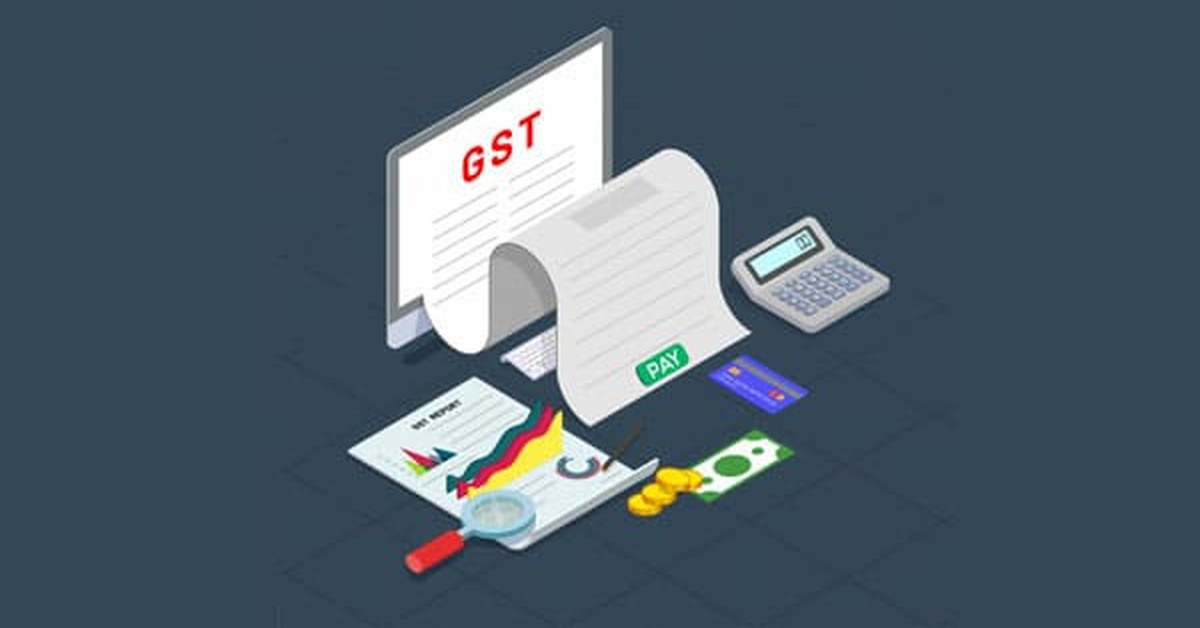To promote ease of doing business, the government is working on a proposal to decriminalise certain offences under the goods and services tax (GST) by raising the threshold limit from Rs 2 crore to Rs 5 crore in tax evasion cases.
"A proposal is under consideration to raise the threshold to Rs 5 crore for initiating criminal prosecution. The matter will be put up before GST Council soon," a senior official said.
Currently, the GST evasion of Rs 2-5 crore attracts three years jail term while tax evasion up to Rs 2 crore invites a jail term of one year.
While doing away with arrests and jail terms, the government will make GST offences up to `5 crore compoundable.

Recently, the GST investigation unit of the central board of indirect taxes and customs had advised field formations to desist from launching prosecution against offenders in cases where the amount of GST evasion or misuse of the input tax credit is less than Rs 5 crore.
The Section 132 under CGST Act criminalises illegal credit for GST evasion.
The government is also looking at some of the provisions which are overlapping with the Indian Penal Code which need not be in the GST law.
The compounding charges for offences under GST would also be lowered so that taxpayers are encouraged to compound their offences instead of going to litigation.
Even though, the industry was asking to decriminalise offences involving more than Rs 5 crore, the government was not in favour of it. A higher threshold for prosecution could lead tax evasion and impact revenues, officials reckon.
Under GST Act, the amount payable for compounding of offences shall be 50% of the tax amount involved subject to a minimum of Rs 10,000. The maximum amount for compounding is 150% of the tax or `30,000, whichever is higher.





 CAclubindia
CAclubindia
